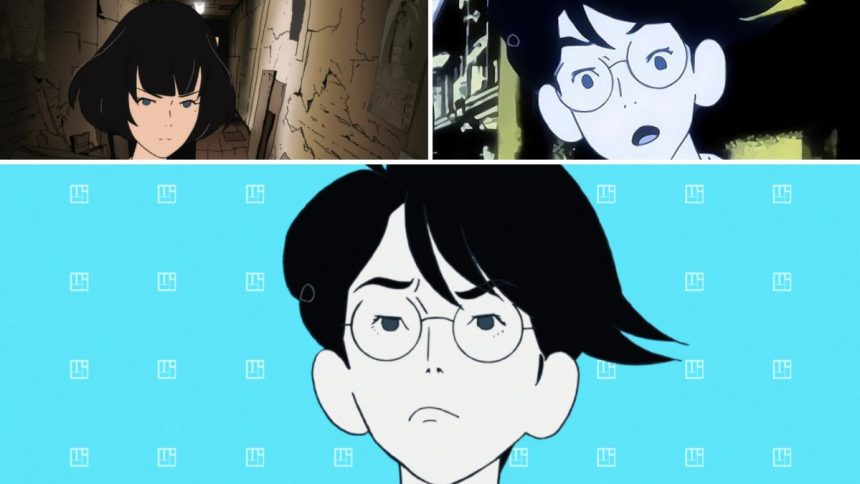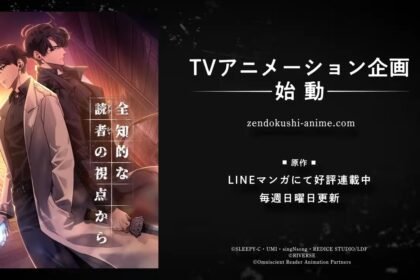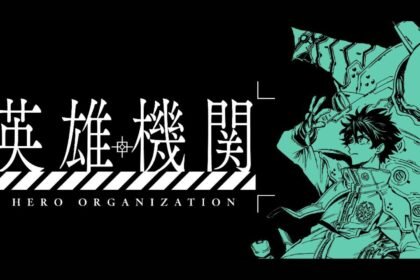The Tatami Galaxy, an anime series based on Tomihiko Morimi’s novel, takes viewers on a journey through the eccentric and introspective world of its protagonist, identified only as “Watashi” or “I.” This thought-provoking series explores the themes of youth, regret, and the pursuit of happiness. In this article, we will delve into the unique aspects of The Tatami Galaxy and contemplate the profound questions it poses.
The Complexity of Youth and Choices
One of the central themes in The Tatami Galaxy is the complexity of youth and the consequences of the choices we make. Let’s explore two key points in this regard.
Firstly, the series examines the idea of parallel universes and the endless possibilities that unfold from different choices. Watashi finds himself repeating his college life in various iterations, each time joining different clubs and pursuing different relationships. Through this narrative device, the show prompts us to reflect on the impact of our decisions and the paths not taken. It poses the question: How different could our lives be if we had made different choices?
Secondly, The Tatami Galaxy explores the notion of regret and the longing for a different outcome. Watashi often experiences a sense of dissatisfaction as he reflects on his past choices and yearns for a more fulfilling college life. This theme resonates with viewers who may have experienced similar sentiments of regret or nostalgia for missed opportunities. The series reminds us of the bittersweet nature of youth and the fleeting nature of time, urging us to reflect on how we navigate our own lives.
Further Readings: Hikikomori and NEET in Anime and Japanese Social Life
The Search for Authenticity and Meaning
The Tatami Galaxy also delves into the search for authenticity and meaning in life. Let’s explore two contrasting points on this topic.
Firstly, Watashi’s constant pursuit of the “rose-colored campus life” represents his desire for an idealized version of college existence. He yearns for a life filled with excitement, romance, and camaraderie. However, as he discovers, this idealized vision often obscures the genuine connections and experiences that lie beneath the surface. The series challenges the viewer to question their own pursuit of an idealized life and encourages them to seek authenticity in their relationships and endeavors.
On the other hand, characters like Ozu and Akashi embody a contrasting perspective. They embrace the eccentricities and imperfections of life, finding joy and meaning in the unanticipated and unconventional. Through their interactions with Watashi, they encourage him to embrace the present moment and appreciate the richness of his experiences, even if they may not align with his initial expectations. This exploration of contrasting perspectives adds depth and nuance to the show’s examination of authenticity and meaning.
Conclusion
The Tatami Galaxy offers a profound exploration of youth, regret, and the pursuit of happiness. Its unconventional storytelling and introspective themes invite viewers to reflect on their own lives and choices. Through Watashi’s journey, we are prompted to contemplate the complexities of youth, the significance of our decisions, and the search for authenticity and meaning in a world filled with endless possibilities.
The series reminds us that life is a tapestry of experiences, both positive and negative, and that it is through these experiences that we grow and find our own unique path. The Tatami Galaxy serves as a poignant reminder to embrace the present, cherish the genuine connections we make, and navigate our lives with an open heart and mind.













